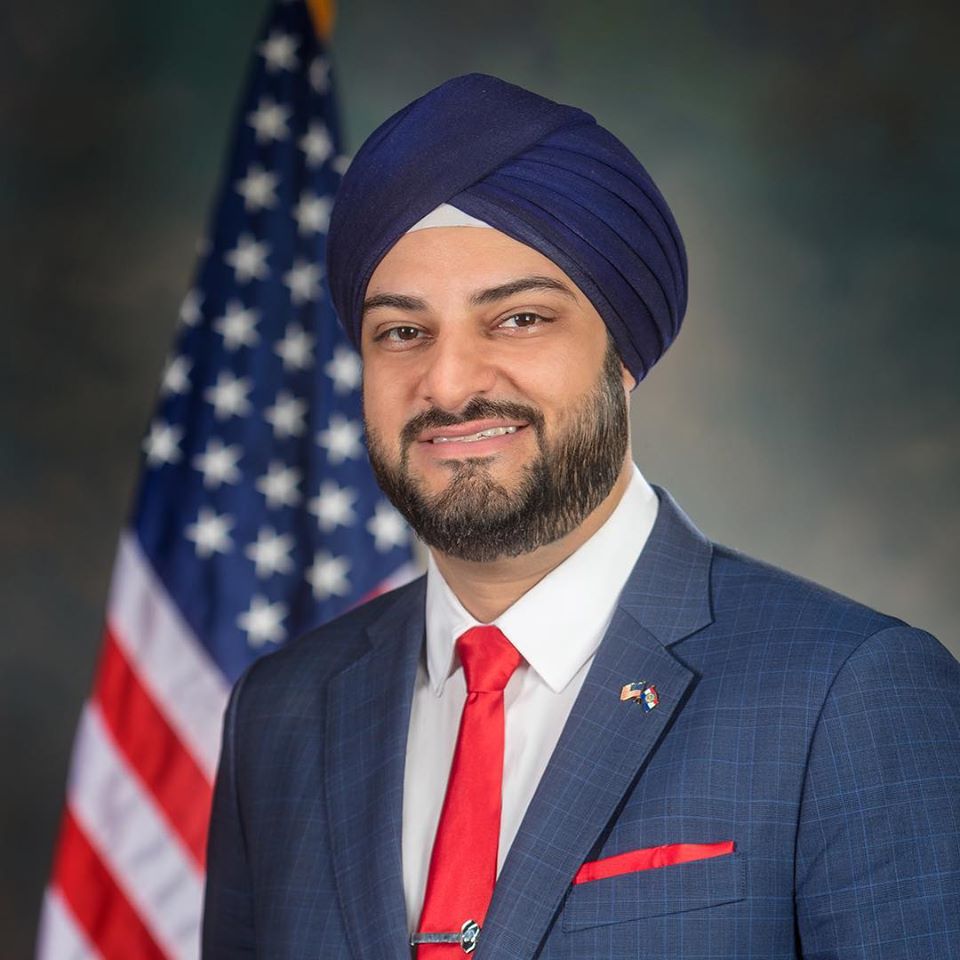Protecting patients in the U.S. has been at the top of the public mind since the start of the COVID-19 outbreak. Since March, people both here in Missouri and across the rest of the country have been taking steps to help curb the spread of the virus and keep each other safe, particularly those with other health issues that make them more susceptible to contracting the virus and having serious health problems as a result. Even with all we’ve done so far, however, there is still more we and our elected officials can do to protect high-risk Americans.

One group that deserves special attention is patients with kidney disease, many of whom depend on regular dialysis treatments. Kidney patients need to work particularly hard to avoid infections because even problems that would be minor for others could be life-threatening to them.
With COVID-19 cases still on the rise across the country, the risk for kidney patients is only growing. Making things even more difficult is the fact that many patients with kidney disease also have other underlying health problems that further increase their risk of falling seriously ill if they are exposed to COVID-19, such as heart disease.
With so many health challenges, it is common for kidney patients to have several doctors and spend countless hours at different appointments. Unfortunately, for many dialysis patients in the U.S., managing all of these different treatments is a daunting task made all the more frustrating because their doctors are not actively sharing information about medications, appointments, and more with each other. This means that the patient is the one left to keep track of information and relay any important updates to ensure each of their doctors is up-to-date and doesn’t mistakenly prescribe treatments or medication that conflicts with others that they may already be receiving.
This has been a problem for U.S. dialysis patients for some time, but thankfully some elected officials have stepped up to the plate in recent years to find a solution and finally provide relief to patients who need it.
Missouri’s own U.S. Congressman Jason Smith, for example, has been at the forefront of the fight to get coordinated care for dialysis patients. In 2017, he introduced a bill called the Dialysis PATIENTS Demonstration Act to make coordinated care more accessible to kidney patients. The bill garnered immense support from both sides of the political aisle, with more than 200 members of Congress signing on to the bill as cosponsors. Despite this backing, though, the bill did not end up becoming law.
Now, however, legislators are working on a new effort to implement care coordination for kidney patients. This new bill, called the BETTER Kidney Care Act, would follow in the path of Smith’s previous bill by providing a framework for doctors to better align their treatments and in turn allow patients to cut back on appointments, medical bills, and ultimately, hospitalizations. The bill also helps patients by including provisions to provide some important services that dialysis patients do not currently receive through Medicare, such as transportation to and from their dialysis clinic.
The BETTER Kidney Care Act would be a major step forward for patients both here in Missouri and throughout the rest of the country. I trust that lawmakers from both sides of the political aisle will come together and begin to take the necessary steps to introduce this bill and revive the push for care coordination.
Now, as we continue to work through the COVID-19 pandemic in the months to come, I am hopeful that Missouri’s members of Congress will work to pass this bill and once again show their dedication to making care coordination a reality for struggling kidney patients. There are more than 12,000 patients living with kidney disease in Missouri right now, and the BETTER Kidney Care Act could help to change their lives for the better.

Karan Pujji is from Creve Coeur, a candidate for state representative, and business owner.













